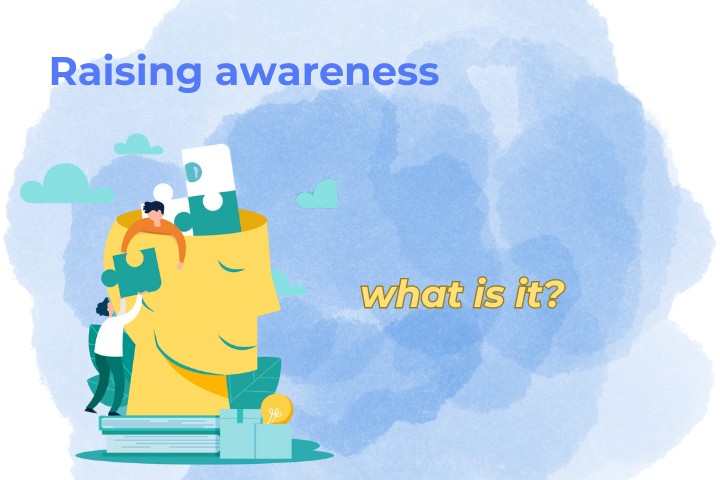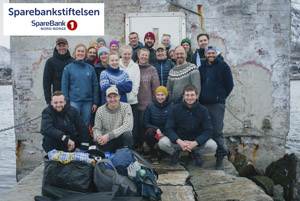Léo Rigollé is a trained psychologist who joined Wild Lab Projects as a volunteer. He has been with us for about 2 months, and the importance of empathy in citizen science has been a recurring topic in our conversations. He’s sharing some of his thoughts in this article.
October 27, 2023
Raising awareness is an essential process for informing, educating and mobilizing people on a variety of subjects, whether they be environmental, social, health or any other. However, it is crucial to recognise that educating someone about a subject involves more than simply passing on information. For the message to be effective and bring about real change, it’s important to create a personal connection with the person you’re educating. In this article, we explore why this connection is so important and how to establish it successfully.
Emotional connection: a catalyst for change

When a person feels an emotional connection with the messenger or the cause, they are more inclined to listen attentively and absorb the information provided. The emotional connection creates a deeper commitment, because it allows the person to feel concerned and emotionally invested in the subject.
Imagine a teacher passing on information about the effects of climate change to his pupils. If he establishes a relationship of trust with his pupils, showing that he cares about them as individuals, they will be much more inclined to listen and take the subject of climate change seriously. This is because the emotional connection strengthens the credibility of the messenger and the impact of the message.
How to create a personal connection

1. Active listening:
Before you start providing information, take the time to listen to the person you are raising awareness of. Ask questions to understand their concerns, experiences and opinions on the subject. Active listening shows that you care about what they feel and think.
2. Sharing personal experiences:
Sharing your own experiences related to the topic can help build a connection. It makes the subject more tangible and shows that you are human, with your own feelings and concerns.
3. Empathy:
Try to put yourself in the shoes of the person you are raising awareness of. Understand their emotions and express empathy for how they feel. This shows that you are sensitive to their concerns.
4. Create a safe environment:
Make sure the person feels safe to express their opinions, even if they differ from yours. Respect for differing opinions encourages constructive dialogue.
5. Personalize the message:
Adapt your speech to the person’s concerns and interests. Show how the subject is relevant to them, their life and their values.
The benefits of a personal connection

There are many advantages to creating a personal link when raising awareness.
Firstly, it increases the likelihood that the person will retain the information shared. What’s more, it encourages active engagement and future action. People who feel personally connected to a subject are more inclined to take action, whether by adopting new practices, supporting a cause or disseminating information in turn.
Ultimately, awareness-raising should not just be about transmitting data, but about inspiring positive change. By creating a personal connection with those you are raising awareness of, you can maximize the impact of your message and contribute to significant changes in society.
In conclusion,
Effective outreach is about creating a personal connection. By actively listening, sharing personal experiences, showing empathy and personalizing your message, you can inspire others to take action and become actively involved in the causes you care about. In this way, awareness becomes a powerful force for positive change in the world.



